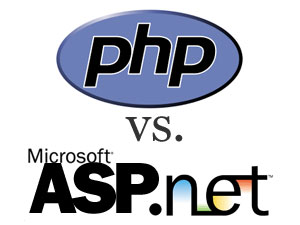In this tutorial I will show you how to play LAN games with your friends using the Hamachi software.
First download Hamachi from hamachi.en.softonic.com and install it.
How to create new network using Hamachi?
There are three icons that show up along the bottom of the rectangular menu. Clicking on the triangular icon opens up the networking menu, where you can join a network if you have the proper information or set one up.
Click on triangular icon -> create new network
First download Hamachi from hamachi.en.softonic.com and install it.
How to create new network using Hamachi?
There are three icons that show up along the bottom of the rectangular menu. Clicking on the triangular icon opens up the networking menu, where you can join a network if you have the proper information or set one up.
Click on triangular icon -> create new network
Type name of server and password
Click Create
How to join to hamachi network ?
Click on triangular icon – > join existing network
Enter the name and pasword of network that you want to join
How to play counter strike through Hamachi ?
To host a Counter Strike game:
- Turn off or disable your firewall when you play using hamachi. If you are using the Windows firewall, remember to turn it off from the Control Panel.
- Run Hamachi. Click the last button and choose Preferences. Then click Window and check the Show “Advanced…” peer menu item checkbox and click OK.
- You must open ports go to control panel then to windows firewall and exceptions and select hlds then click on add port.
- In name type CS in port number type port 28010, select UDP , click OK
- Run hdls Launcher ( C:\Program Files\Counter-Strike 1.6) , type information as shown below, just use your server name and password, click Start server
For every new player who joins your networks you have to do the following steps:
- Right click the player’s entry in Hamachi, click Advanced. In the Peer VPN alias box enter the first three parts of your Hamachi IP address (example: 5.109.111) and add the last part of the player’s IP address ( example: .59) so that it makes a new IP address.Click OK and then exit Hamachi. Launch Hamachi again.
- When you finish that call your friend to join your hamachi network and do not give them ip addres of server (192.168.x.x) give them your hamachi ip then when they want to connect to your server in ther CS console( to run console press ~) type connect 5.101.x.x : your port :28010 and hit enter
To join a Counter Strike game:
- Turn off your firewall (or disable it). Remember to turn it back on after you finish playing.Run Counter strike. Press the ~ key on the keyboard. It is to the left of the 1 key on the top row of the keyboard.
Type connect hamachi ip :port to connect
For example:
The game will connect and you can start playing.















